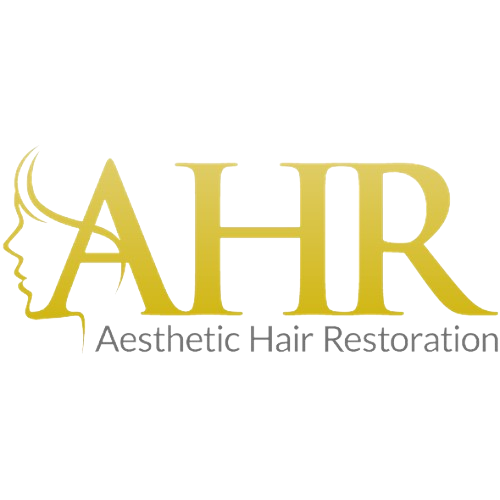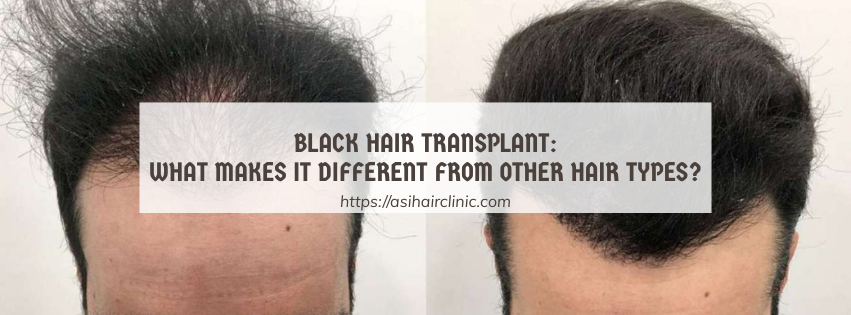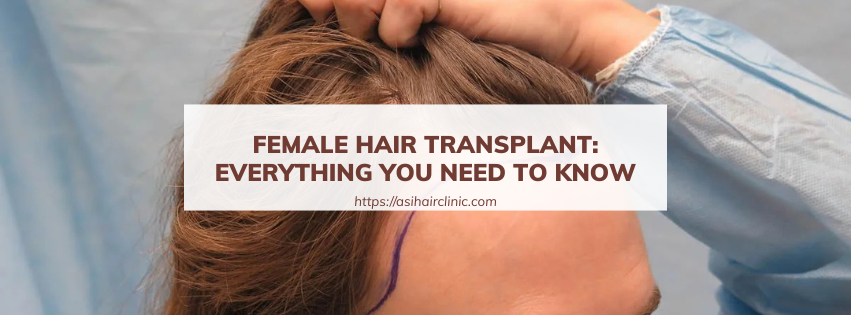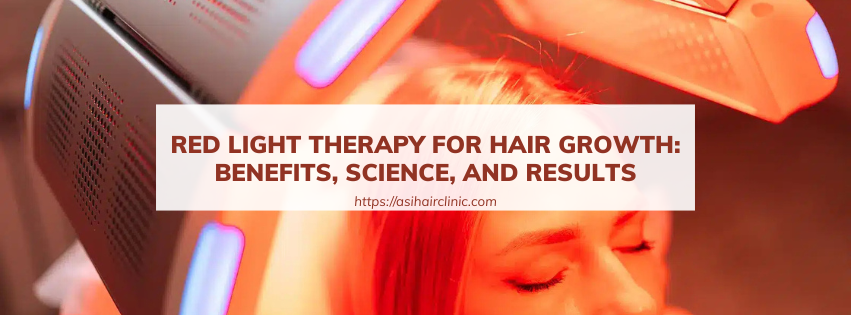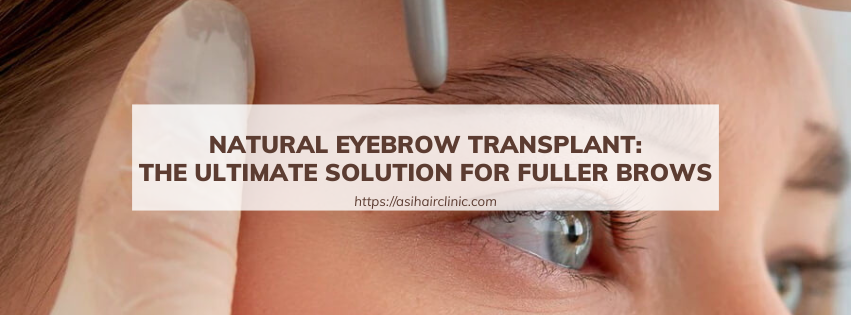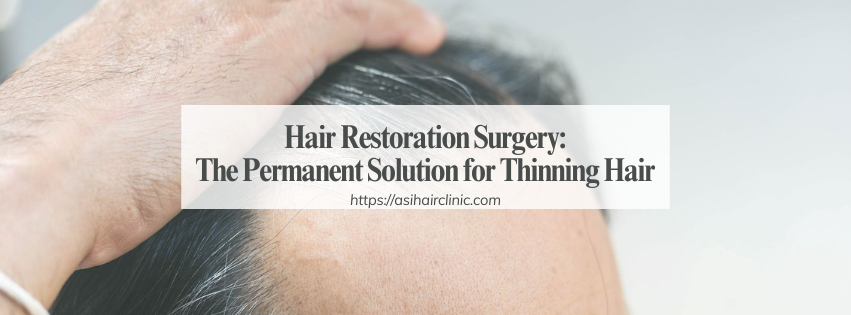Does Creatine Cause Hair Loss?
Does creatine cause hair loss? This question has sparked much debate among fitness enthusiasts, athletes, and researchers alike. With the rising popularity of creatine as a performance-enhancing supplement, concerns regarding its side effects have become a focal point of discussion. Many people have linked creatine supplementation to hair loss, particularly in the context of androgenetic alopecia, also known as male or female pattern baldness. While anecdotal evidence and some studies suggest there may be a connection, the scientific community is divided on the issue, leaving individuals searching for clarity.
In this article, we will explore the complexities surrounding creatine and hair loss, examining the potential mechanisms, existing research, and factors that might influence individual responses. We will also provide recommendations for those considering creatine supplementation while keeping their hair health in mind. This comprehensive exploration aims to demystify the relationship between creatine and hair loss, separating fact from fiction.
1. Understanding Creatine and Its Effects
Creatine is a naturally occurring compound predominantly found in skeletal muscle tissue. It is synthesized in the body from amino acids, primarily in the liver, kidneys, and pancreas. Creatine plays a crucial role in energy production, especially during high-intensity physical activities like sprinting and weightlifting. When supplemented, creatine monohydrate-the most common form-can significantly increase muscle creatine stores. This enhanced energy availability translates into improved athletic performance, allowing individuals to generate greater force and prolong muscular contractions.
While the benefits of creatine are well-documented in the realm of sports and fitness, the potential negative side effects, particularly concerning hair loss, remain contentious. The premise behind this concern lies not only in the biochemical changes that could occur within the body but also in the psychological implications of hair loss itself. For many individuals, losing hair can be more than just a cosmetic issue; it can significantly affect self-esteem and confidence.
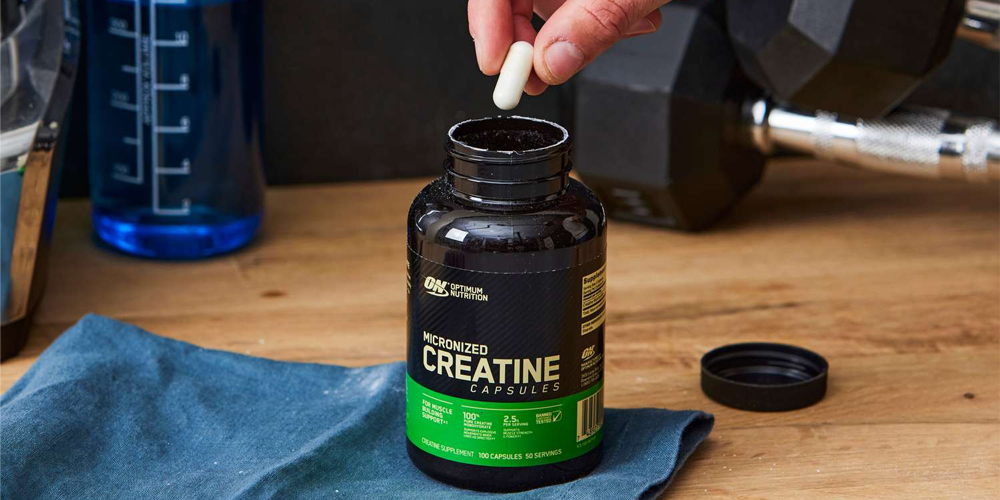
1.1. The Mechanisms Behind Potential Hair Loss
When discussing creatine and its possible link to hair loss, several theoretical mechanisms come into play. However, many of these remain unproven or lack sufficient evidence. Below, we delve into the most commonly cited mechanisms:
Dehydration
One of the most frequently mentioned theories relates to dehydration. Creatine supplementation leads to increased water retention in muscles, which can create a scenario where overall hydration levels drop. Dehydration can disrupt normal physiological functions, including blood flow to the scalp and the functioning of hair follicles.
When hair follicles receive inadequate nourishment due to compromised blood circulation, they may enter a phase of shedding. This condition can exacerbate pre-existing hair loss issues, especially in individuals already predisposed to hair thinning.
Despite this theory's appeal, it's essential to recognize that maintaining proper hydration can easily mitigate these risks. Proper hydration ensures that all bodily systems function optimally and protects against any adverse effects related to decreased blood flow.
Hormonal Imbalances
Another proposed mechanism revolves around hormonal imbalances. Some theorists speculate that creatine supplementation may influence hormone levels, particularly androgens such as testosterone and dihydrotestosterone (DHT). DHT, a potent androgen derived from testosterone, is known to play a significant role in androgenetic alopecia.
While there is limited direct evidence connecting creatine supplementation to elevated DHT levels, the mere presence of excess androgens has been associated with hair loss in susceptible individuals. If creatine were to cause an increase in androgen levels, it could theoretically lead to accelerated hair thinning, particularly in those genetically predisposed to male or female pattern baldness.
It is worth noting that definitive research connecting creatine to hormonal shifts remains lacking. Most studies exploring this connection produce inconclusive results, underscoring the need for further investigation.
Increased DHT Levels
As previously mentioned, the role of DHT in hair loss cannot be overlooked. Elevated DHT levels are often implicated in conditions like male pattern baldness. Some proponents of the idea that creatine causes hair loss cite research suggesting that creatine supplementation may lead to increases in serum DHT levels, thereby accelerating hair loss.
However, while some studies indicate slight increases in DHT after creatine supplementation, the observed changes have been generally minimal and often not clinically significant. The absence of consistent data further complicates the narrative. Without robust evidence pinpointing creatine as a direct contributor to increased DHT levels or hair loss, this hypothesis remains open to interpretation.
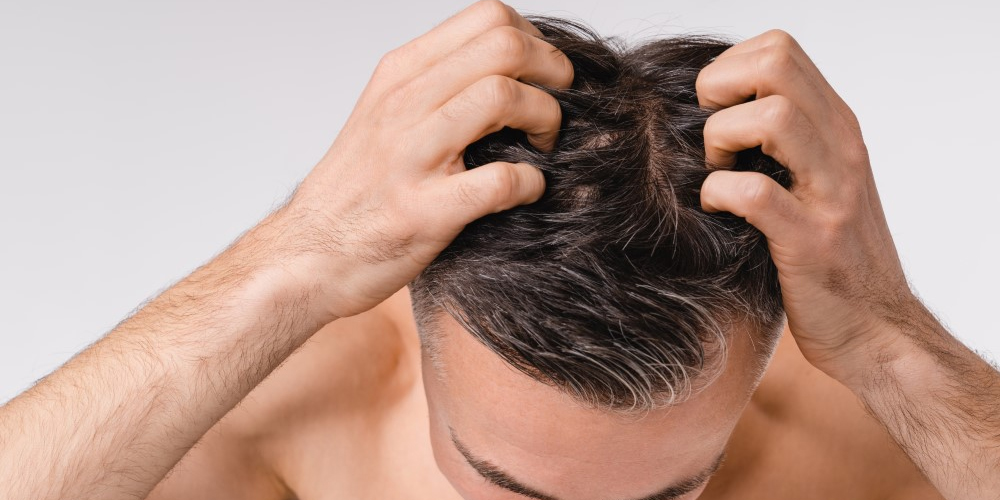
1.2. Kidney Strain and General Health
Concerns surrounding kidney strain associated with creatine supplementation should also be considered. Individuals with pre-existing kidney conditions could be particularly susceptible to negative side effects stemming from creatine use. Though research suggests that healthy individuals typically tolerate creatine well, any impairment in kidney function may lead to broader health implications, including hair loss.
The concept here is relatively straightforward: if the kidneys are under stress or failing, overall health may deteriorate. When the body is unhealthy, various physiological processes, including hair growth, may be compromised. However, it is crucial to emphasize that this potential correlation primarily affects those with pre-existing conditions rather than the general population.
2. Scientific Evidence: Separating Fact from Hypothesis
The existing body of research concerning the potential link between creatine and hair loss is limited and often inconclusive. Much of what is discussed arises from anecdotal reports rather than robust scientific findings. In this section, we will investigate the available studies and their implications.
2.1. Limited Studies and Conflicting Results
Several small-scale studies have sought to explore the relationship between creatine supplementation and hair loss; however, the results have varied considerably. Some studies demonstrate no significant effects on hair growth or loss following creatine supplementation, while others report moderate increases in hair shedding without statistical significance.
One notable piece of research investigated the impact of creatine on DHT levels in male rugby players. Researchers found that those who supplemented with creatine experienced a slight increase in DHT compared to non-supplemented individuals. However, the change was deemed negligible and not enough to directly implicate creatine as a cause of hair loss.
These conflicting results highlight the challenges in establishing a concrete connection between creatine and hair loss. Until larger, more comprehensive studies are conducted, the evidence remains ambiguous.
2.2. Lack of Mechanisms and Research Gaps
Despite the discussions surrounding creatine and hair loss, the proposed mechanisms linking the two lack substantial scientific backing. Not only is there limited research directly addressing the relationship, but existing hypotheses often fall short of providing a clear pathway through which creatine might negatively impact hair follicles.
This gap in research highlights the need for further investigations specifically targeting the underlying mechanisms and potential correlations. As it stands, the current knowledge does little to establish a definitive cause-and-effect relationship between creatine supplementation and hair loss.
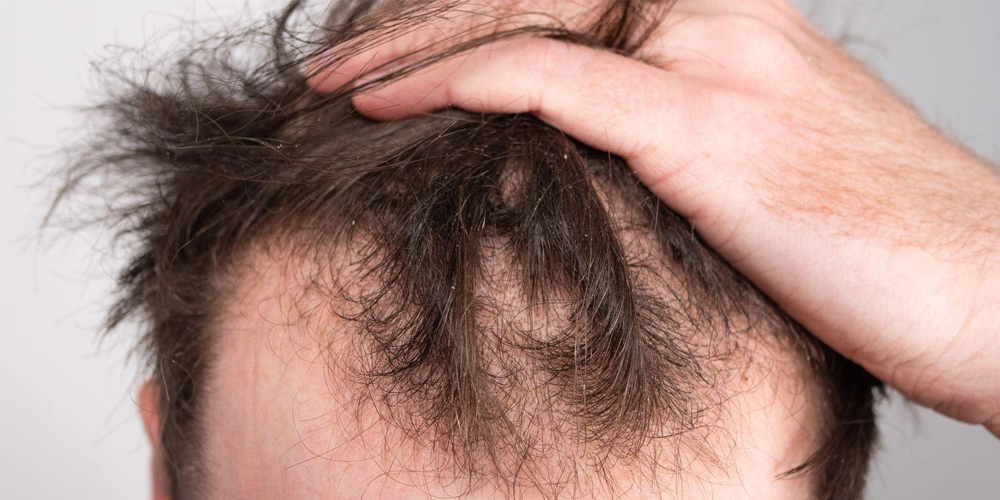
3. Factors Affecting Individual Responses
While the overarching question of whether creatine directly causes hair loss remains unsettled, several individual factors can contribute to varying responses to creatine supplementation. These factors warrant careful consideration for those contemplating the use of creatine.
3.1. Genetics and Predisposition
Genetic predisposition plays a significant role in hair health. Individuals with a family history of androgenetic alopecia may be at an increased risk for hair loss, regardless of potential environmental factors. If creatine indeed has a mild effect on DHT levels, those with a genetic susceptibility may experience heightened effects.
Understanding one’s genetic background can provide insight into how supplements like creatine may interact with the body. Individuals prone to hair loss should approach supplementation cautiously and consider consulting with a healthcare professional before beginning a regimen. Genetic testing and assessments can offer guidelines tailored to personal needs and risks.
3.2. Dosage and Duration Considerations
The dosage and duration of creatine supplementation may also influence individual responses. Higher doses and prolonged usage could theoretically amplify the risk of experiencing side effects, including hair loss. Athletes and fitness enthusiasts often seek to maximize the benefits of creatine by increasing dosage, but this practice can lead to unintended consequences.
Given the current ambiguity surrounding the safety and efficacy of higher creatine dosages, adhering to recommended guidelines is essential. Moderation ensures that individuals can enjoy the performance-boosting benefits of creatine while minimizing potential side effects, including hair loss.
3.3. Overall Health Status
Overall health plays a critical role in how the body responds to supplements, including creatine. Individuals with pre-existing health conditions, especially those affecting kidney function or hormonal regulation, should exercise caution when considering creatine supplementation.
An individual’s baseline health can significantly influence how the body processes creatine. Poor health may heighten the risk of adverse effects, including those that could relate to hair loss. A thorough evaluation by a healthcare professional can help determine whether creatine is a suitable option based on personal health status.
3.4. Hydration Levels and Nutrition
Maintaining optimal hydration is crucial during any supplement regimen, especially with creatine. Proper hydration can mitigate the potential risks associated with dehydration and maintain overall physiological balance.
Additionally, a balanced diet rich in vitamins and minerals vital for hair health can minimize the risk of experiencing hair loss from any cause, including potential side effects of supplementation. Nutrient deficiencies can adversely affect hair quality and growth, making dietary considerations paramount for those concerned about hair loss.
4. Recommendations and Considerations
Based on the current evidence, the relationship between creatine and hair loss remains unclear. While individual experiences may vary, and some may notice increased shedding, the effects are typically mild and not uniformly reported. To ensure safe usage of creatine, individuals may consider the following recommendations.
4.1. Monitor for Changes
Individuals taking creatine should be vigilant about any changes in their hair health. Keeping a close eye on hair shedding patterns, thickness, and overall scalp health can facilitate early detection of any potential issues. If significant or concerning changes occur, consulting with a healthcare professional is advisable to assess the situation.
4.2. Stay Hydrated
Adequate hydration is vital during any supplement regimen, but especially when using creatine. Ensuring sufficient water intake minimizes potential dehydration-related side effects while supporting overall bodily function. Hydration can enhance workout performance and maintain nutrient delivery to various tissues, including hair follicles.
4.3. Proper Dosage and Usage
Adhering to recommended creatine dosage guidelines is crucial in mitigating side effects. Following suggested protocols ensures that individuals can experience the benefits of creatine without excessive risk of adverse outcomes. Being mindful of individual health factors can guide appropriate dosing decisions.
4.4. Consult with a Healthcare Professional
For individuals with a history of hair loss, kidney disease, or other health concerns, consulting with a healthcare professional before starting creatine supplementation is essential. Expert guidance can help evaluate individual circumstances and tailor recommendations conducive to personal health and fitness goals.
Conclusion
The relationship between creatine and hair loss is complex and remains largely inconclusive. While some anecdotal evidence and limited studies suggest a possible connection, robust scientific research is lacking. For most healthy individuals, creatine supplementation appears safe and well-tolerated when used responsibly and within recommended guidelines. If concerns about hair loss arise, seeking personalized advice from a healthcare professional can provide valuable insights tailored to individual circumstances. Ultimately, understanding the nuances of creatine supplementation and its potential implications on hair health empowers individuals to make informed choices that align with their fitness aspirations and wellness goals.
LATEST POSTS
